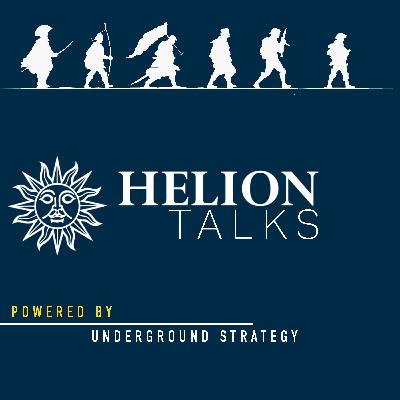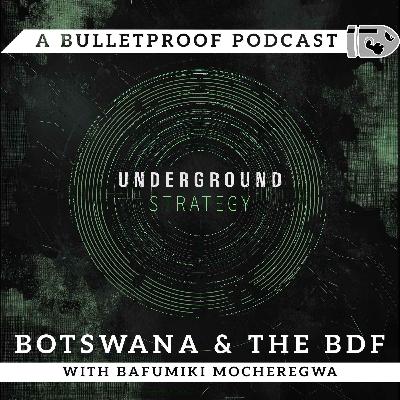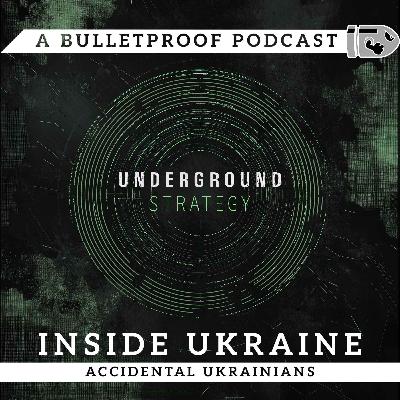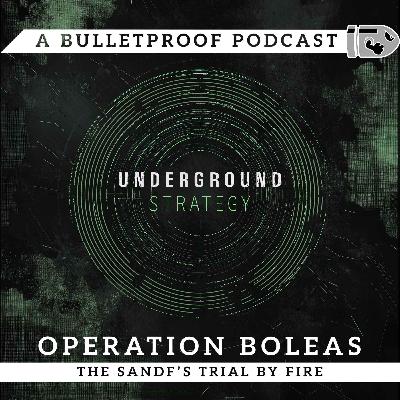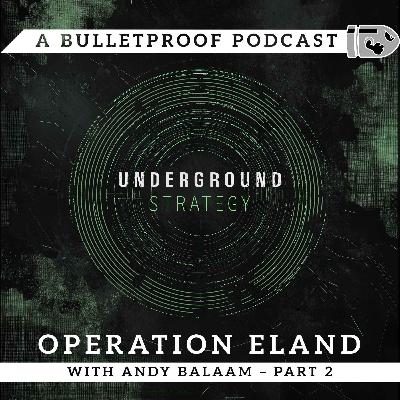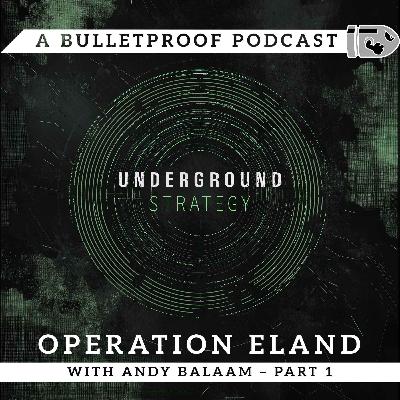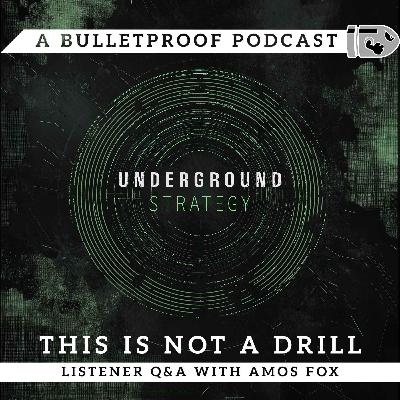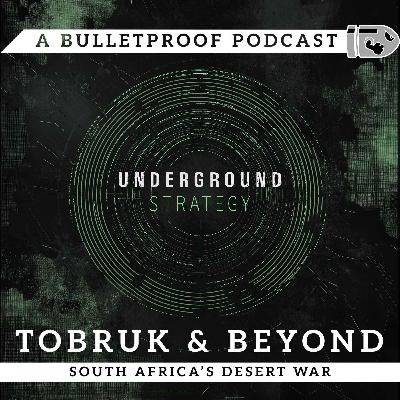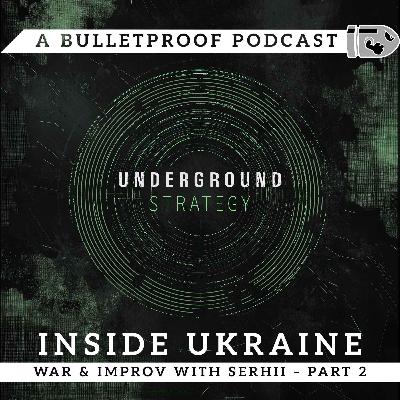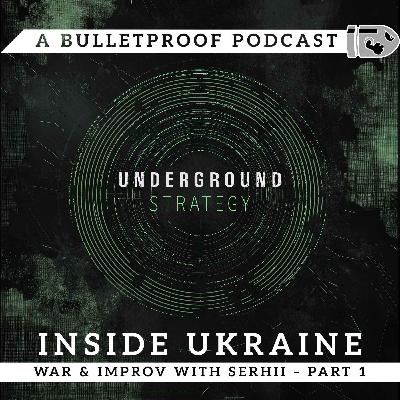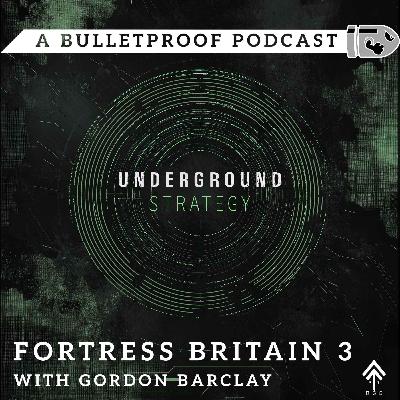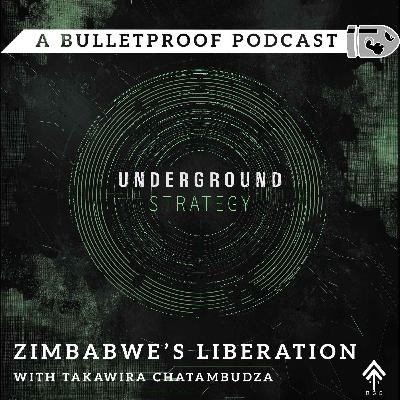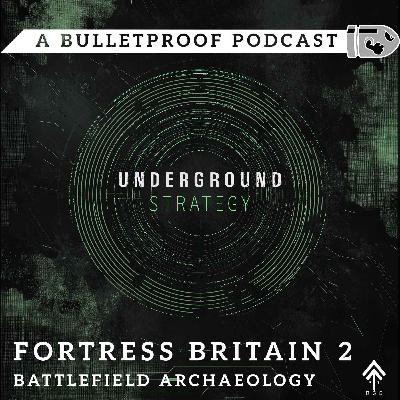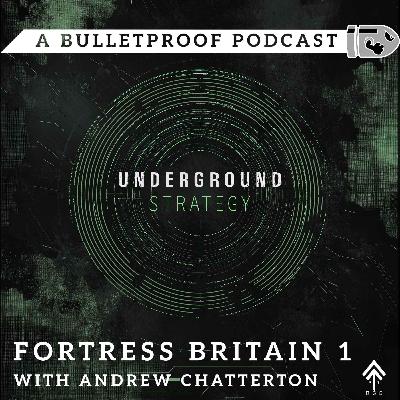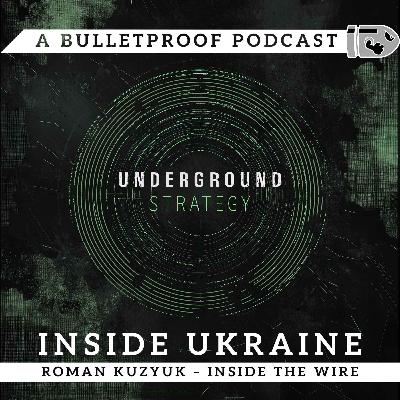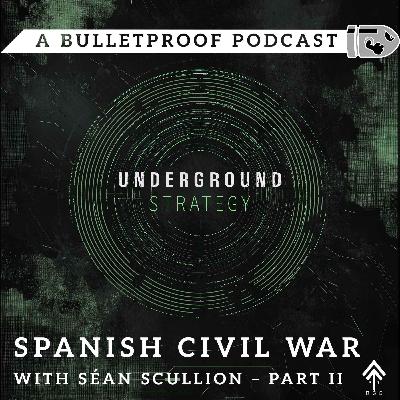
Underground Strategy
Author: Underground Strategy
Subscribed: 22Played: 328Description
Welcome to Underground Strategy
Where military tactics, leadership, and real-world strategies meet a whole lot of banter. Hosted by Max Lauker (ex-Swedish Special Operations, Intelligence, and Private Security) and Tony Garcia (ex-SANDF with extensive field experience and academic insight), we break down the latest in military strategy while keeping things real, candid, and fun.
Whether you're into the latest military insights or just here for smart conversations (and a few laughs), we've got you covered.
Tune in for weekly episodes packed with expert breakdowns, candid chats, and a fresh take on what's happening in the world of strategy.
It's all about staying sharp, having fun, and thinking a few moves ahead.
No fluff, just real talk.


